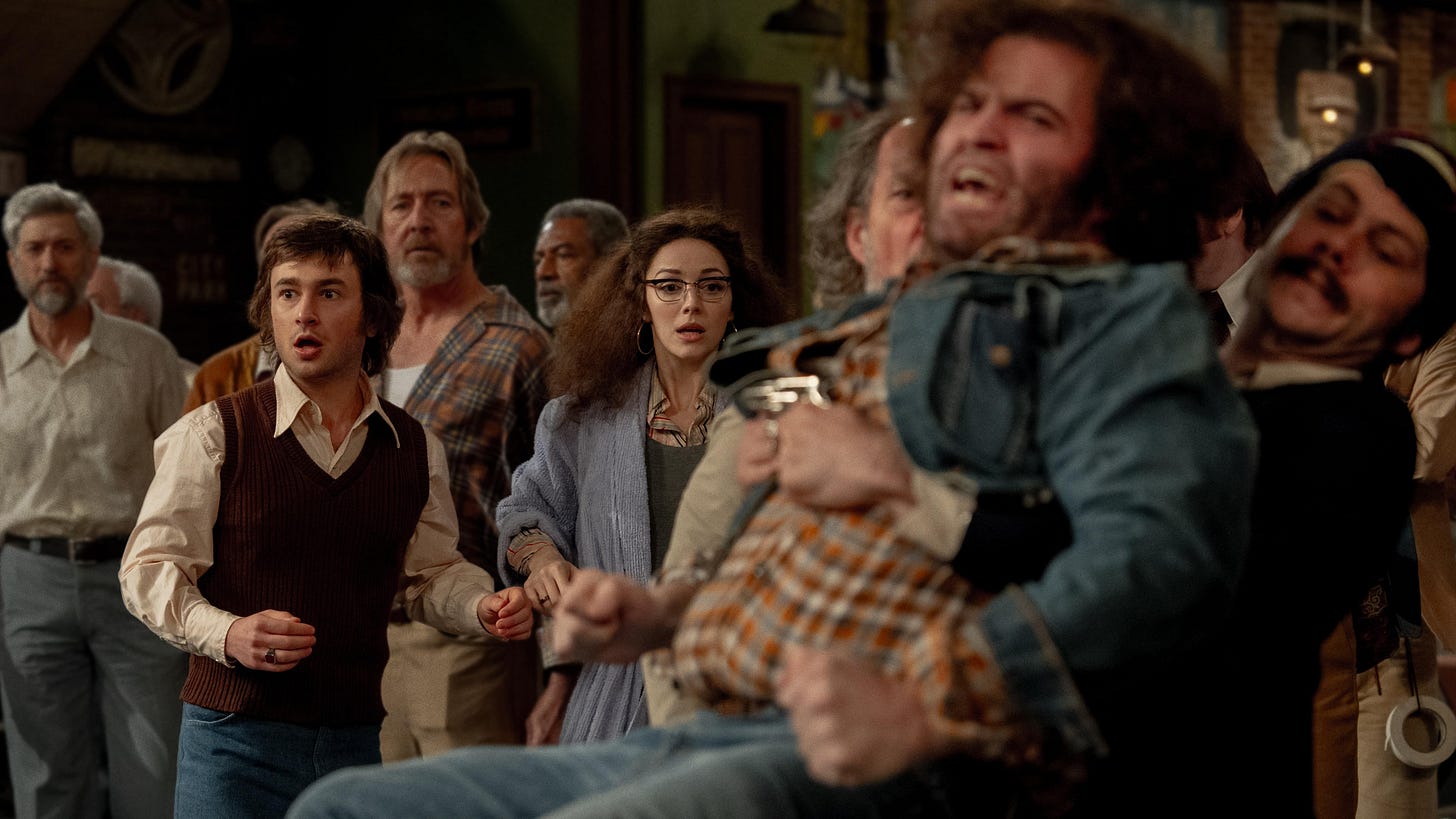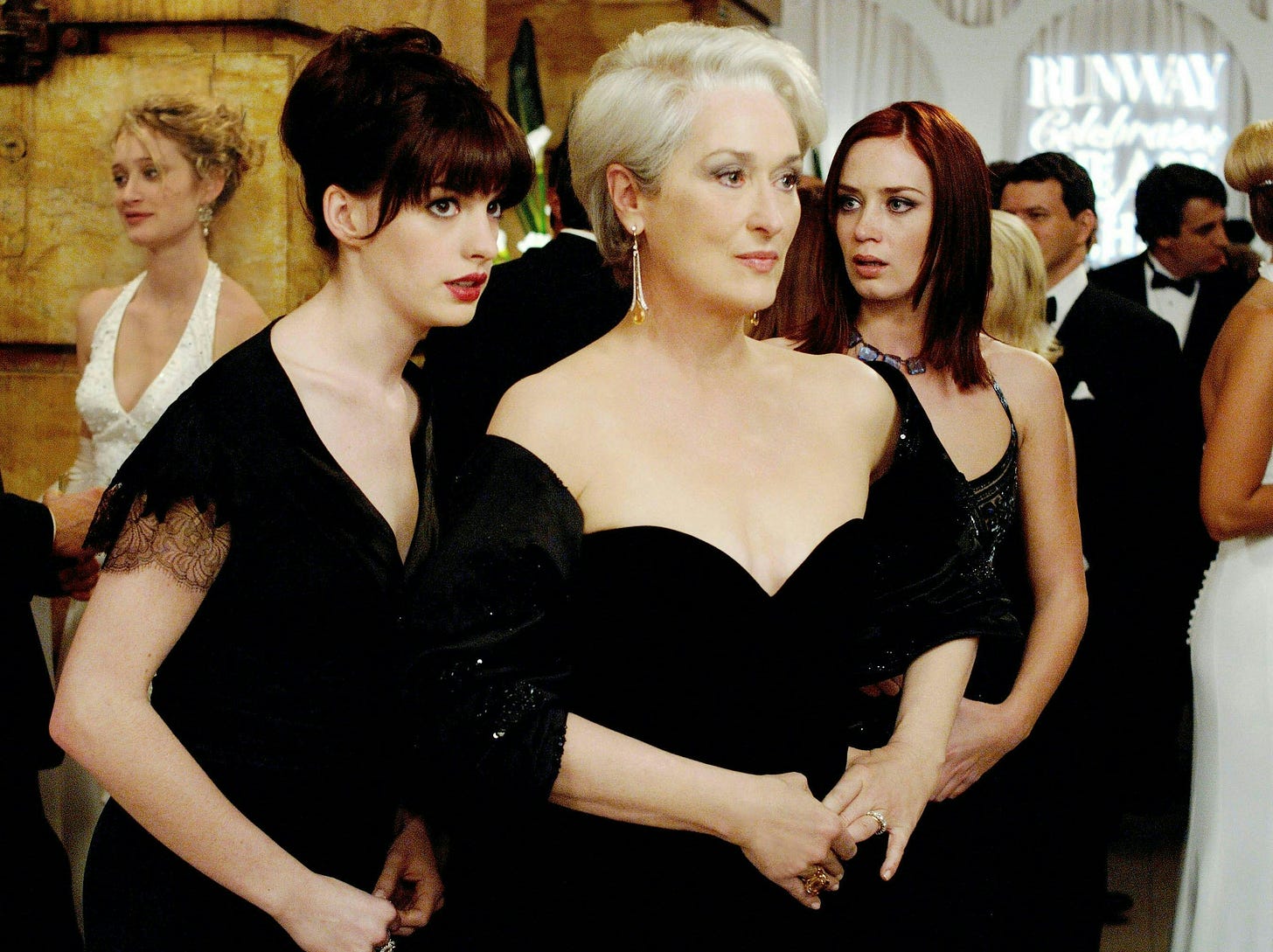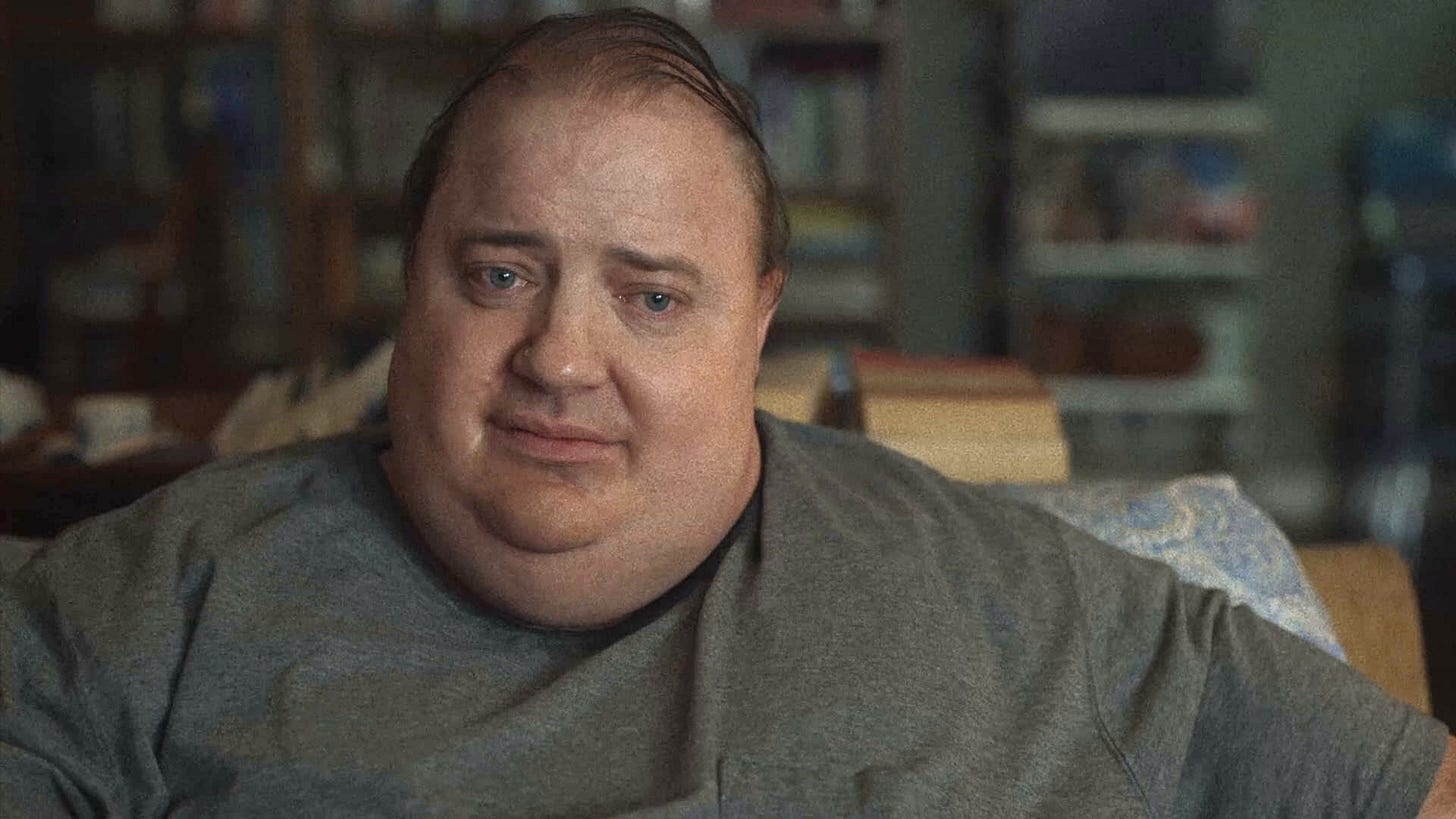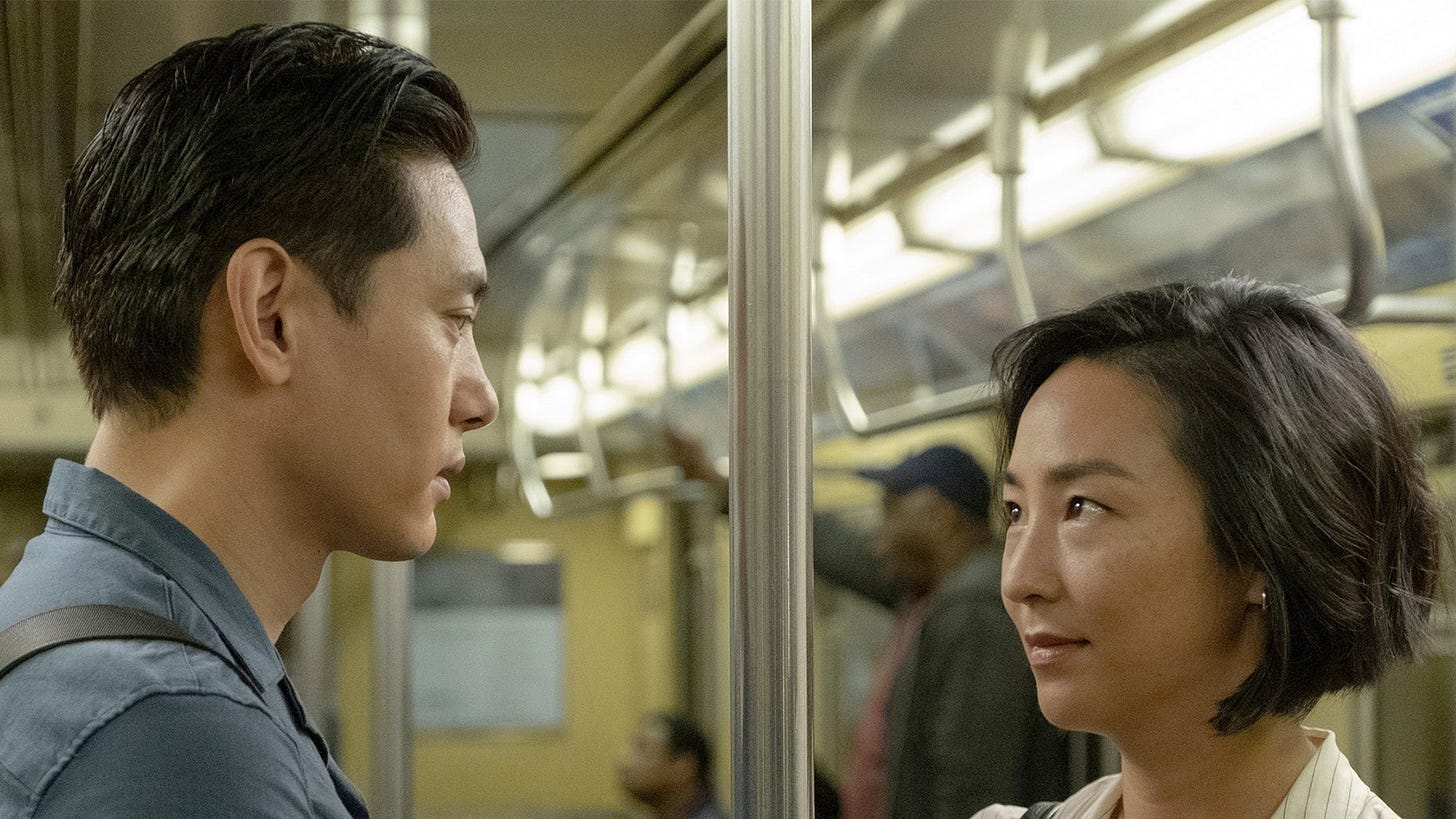The Off-Balance Variety Show: January 2025.
Mobsters, love lost and Rex Orange County.
Instead of larger, individual reviews or retrospectives as per usual, this newsletter will be something of a series of quick-hits.
What I watched, listened to and (generally) enjoyed during this first month of 2025, all that which I haven’t covered before.
As always? Thanks for reading Off-Balance!
Ryan.
Movies
TV
Music
What’s next?
Saturday Night (2024)

Directed and co-written by Jason Reitman, he who has long existed on the peripheral edge of Saturday Night Live and its resulting multiverse, Saturday Night, which released last fall, looks to chronicle the hours before the sketch comedy’s landmark first episode, in October of 1975.
After all, who says period pieces can’t be timely?
Currently, as of this writing, in the midst of airing its 50th season, Saturday Night (very actively) works to reminder its viewers that no, SNL wasn’t always the television mainstay it has become.
In an interview with The Hollywood Reporter, Reitman detailed his week-long experience in the show’s writer’s room in the late 2000s and how it inspired him to try and capture some of that energy, if through a much different lens.
And for most of its running time, as an up-and-coming Lorne Micheals (Gabriel LaBelle) tries desperately to hold everything together in the lead-up to 11:29 PM, this thinking prevails.
Reitman’s direction, mostly focused through the steadily-building chaos, is accented with good costuming and period-minute that is consistent throughout. The performances too, are top-notch, with everyone in Saturday Night’s wide ensemble playing their roles well.
Even if he compiled some doubters in the lead-up to the movie’s release given his age (being just 21 during production), LaBelle effectively conveys an already burnt-out but driven, 30-something Michaels.
Willem Dafoe is glue, as always, as a skeptical NBC executive and J.K Simmons, clearly, is having an absolute blast playing a total prick in Milton Berle. Cory Michael Smith steals the show as Chevy Chase and Nicholas Braun, in a dual-role as both Andy Kaufman and Jim Henson shakes off a great deal of whatever remains of his “Hey, that’s Greg from Succession!” labelling to deliver two distinct portrayals.
Reitman and co-writer, Gil Kenan conducted a great deal of interviews with alumni from the period and though the history stickler will draw issue with the “who, what, where and how” of the specifics, that infamous, party-house environment that has dominated SNL for the vast majority of its existence is undeniable (coke! It’s everywhere!) but ultimately, Reitman can’t keep this momentum going. Throwing so many subplots, diversions, characters, cameos and half-baked arcs at the wall in the movie’s second half, that only a portion of it really sticks (especially, amusingly, according to notoriously difficult Hollywood-person, the real-life Chevy Chase).
The final product is quite entertaining yes, yet it is narratively overwrought with an appropriately nervous energy that feels so unsure of what it wants to be and the story it truly wishes to tell.
Rating: 6.8/10
The Devil Wears Prada (2006)

Call it, if you will, simple curiosity.
As rumours continue to swirl surrounding a potential sequel, for one who considers themselves a self-made connoisseur in the pop culture space, well, they would be remiss if they didn’t check this one of their list, no?
Indeed, reader.1
As The Devil Wears Prada begins, burgeoning journalist Andy (Anne Hathaway), desperate just to find her footing in a cutthroat New York City, takes on a job as an assistant to the domineering Miranda Priestly (Meryl Streep), a living legend in the fashion world as the editor of Runway magazine.
Working closely with number-one assistant Emily (Emily Blunt) and Miranda’s art director Nigel (Stanley Tucci), Andy is at first content to just get-by - but as she becomes more-and-more entwined at Runway, she finds herself doing whatever-it-takes to climb the magazine’s ladder, even if she starts to lose herself in the process.
Prada doesn’t much disguise its coming-of-age framework, so the bigger storytelling beats aren’t a surprise per se (you can spot the resolution of Andy’s arc, for example, a mile off, far before the movie moves those pieces into place) but it doesn’t really need too either.
It exists at face value and encourages the viewer to simply come along for the ride. Moving with a great confidence, be it from the industry verisimilitude to the acting, never staying in one place for too long or pushing beyond its boundaries (save, of course, for the very mid-2000s subplot concerning Harry Potter).
Something of a cultural flashpoint, whose grip on the zeitgeist has only seemed to grow stronger in the near two decades since release, the movie was famously adapted from the same-named novel by writer Lauren Weisberger, who was recounting/semi-fictionalizing her time working under Vogue mogul Anna Wintour.
And profiled by Variety for the tenth anniversary in 2016, the cast spoke at length at just how impactful the movie was for their careers: it was a launchpad of sorts for both Hathaway and Blunt, Streep would be nominated for an Oscar and the cast, overall, remains close.
It is a reminder that baked-in predictably, when elevated by everything else, isn’t always a death knell.
Rather, it can endure in the best of ways.
Rating: 7.6/10
The Whale (2022)
Directed by Darren Aronofsky and written by Samuel Hunter, adapting his same-named play, The Whale is inherently indebted to that established storytelling style. It takes place exclusively within the apartment of its protagonist Charlie (Brendan Fraser), a morbidly obese man who is dying of congestive heart failure.
Haunted by his past and the suicide of his boyfriend Alan, Charlie is supported by his lone friend and nurse Liz (Hong Chau), while hoping to repair at least some of the emotional damage between him and his estranged daughter Ellie (Sadie Sink) before it is too late.
There are a few other threads The Whale picks up, from the arc of missionary Thomas (Ty Simpkins) or Charlie’s ex-wife (Samantha Morton) but it almost exclusively focuses on Charlie’s journey as supported by Fraser.
And after following this film’s discourse for just about two-and-a-half years, to finally watch it on its own merits, it is to see that division be crystallized. Yes the acting is terrific (be it Sink, Chau, who would be nominated for Best Supporting Actress and Fraser, who would win the Oscar for Best Actor) but it is an unquestionably difficult experience too.
And that isn’t necessarily a bad thing, no.
Film, any creative endeavour, they should challenge us, challenge our perception, challenge our thinking and subconscious artistic limitations. But while The Whale’s process (particularly within its casting) was and continues to be contentious, Aronofsky doesn’t do anything of value with it regardless.
Though he spoke on wanting the film to capture something more raw and honest, instead, The Whale is almost gleeful in its misanthropic immaturity.
It says everything it wants to say within the first fifteen minutes but believes it earns the right to ruminate for nearly two hours because it can - but it shouldn’t have.
Rating: 5.2/10
Past Lives (2023)
The film debut of writer-director/playwright Celine Strong, Past Lives (which, per her own admission, was heavily autobiographical in nature), unspools slowly. Following its dual protagonists over some two decades as they grapple with dreams and the unspoken in equal measure.
After immigrating from South Korea in childhood, Na Young (later, Nora - Seung Ah Moon), leaves behind her closet friend Hae Song (Seung Min Yim), for whom a budding romantic connection was just starting to emerge.
Twelve years later, now adults, Nora (Greta Lee) lives in New York City while Hae Song (Teo Yoo), having completed his Korean military service, is somewhat adrift as he searches for what is next: they reconnect online and immediately reestablish their relationship. But circumstance and indecision see them separate once more.
Another twelve years past and Nora, now married to Arthur (John Magaro), hosts Hae Song when he visits New York and brings with him, for both, feelings thought long buried.
And perhaps the film’s strongest artistic stroke is that none of this feels performative or tacky, in a rom-com-esque way.
A base reaction could be to draw parallels to the Before films and through them, relationships, explored via the passage of time. But while the Before trilogy within that comparison are almost fantastical in their approach, Past Lives instead feels deeply human and painstakingly honest - as Nora and Hae Song, fully realized by Lee and Yoo’s performances, dance around and are ultimately forced to confront their emotions in the most relatable and difficult of ways.
Straightforward in its delivery sure but powerful all the same.
Rating: 8.0/10
Tulsa King: Season 2 (2024)
Long now the darling of Paramount’s streaming endeavours, it is still impressive, if just on a base level, how Taylor Sheridan parlayed his turn from secondary actor, screenwriter of merit and then, to TV kingpin.
The Yellowstone creator has been relentless over the past few years in the expansion of his vast television empire (another series, the Billy Bob Thornton-led Landman premiered in November) but with such closely-knit creative instincts, familiarity is inescapable and this is perhaps no more true than with Tulsa King, whose second season concluded last fall.
After representing himself and being found not-guilty in his bribery trial, New York mobster Dwight Manfredi (Sylvester Stallone) sets out to reestablish his growing business interests in small-town Oklahoma, only to run into another series of roadblocks: local strongman Cal Thresher (Neal McDonough) and Kansas City mobster Bevilaqua (Frank Grillo). The shadow of his former associates back home led by the rash and unpredictable Chickie (Domenick Lombardozzi) and even those within his own “family”, all looking, for one reason or other, to have Dwight served up for breakfast.
On paper it should work better than it does.
But even if Sheridan, per writer/showrunner Terrence Winter, is much more hands-off with Tulsa King in comparison to his myriad of other projects, his influence and with it, the worst of his storytelling impulses are on clear display.
And don’t misunderstand: Tulsa King’s first season was a mostly enjoyable slice of fish-out-of-water mob hijinks with a few emotional beats thrown in for good measure.
Nothing special but well, just enough, for what it was.
But the second season, in contrast, is completely devoid of any creative ingenuity.
Stiff, awkward and painfully predictable, while caught up in trite stereotypes and weakly-delivered posturing. Chock full of wooden, lifeless dialogue and paper-thin characters, while Stallone and a handful of the supporting cast (Jay Will and Garrett Hedlund, most prominently) bring some energy, there just isn’t much to write home about here.
Stallone (however one may feel about his personal politics) is still an actor of charisma and emotional drive it is true but his effort is played to an end that is, in a word (or two) totally unsatisfying.
The season’s only real success, that which saves from becoming classified as complete dreck, is within its fundamental competence. Shot well with solid music drops at the very least but it is nowhere near worth the ten-hour investment it requires. The final two episodes, with their cliffhanger ending, do deviate from expectations, though with the absolute bare minimum in terms of payoff.
Should a potential third season come to pass, what came before doesn’t inspire much hope.
Rating: 4.6/10
A Gentleman in Moscow (2024)
In bringing Amor Towlses’ same-named novel to life, A Gentleman in Moscow is, to note, upfront about the story it is telling. Very much historical fiction that, everything being equal, never loses sight of the deeply humanistic bedrock at its centre.
Through fortunate circumstance, in the aftermath of the October Revolution, aristocrat Alexander Rostov (Ewan McGregor) is spared the death penalty. But rather than spending the rest of his life in a jail cell, instead, he is handed down a far different fate, commended to permanent house arrest in Moscow’s Metropol Hotel.
Should he ever step outside its walls, as his case officer Glebnikov (Johnny Harris) is sure to remind him, it will see Alexander meet a gruesome and wholly unpleasant end.
And so, as he spends what becomes the better part of 30 years confined to the Metropol, Stalin’s Soviet Union brutally shapes a violent and difficult world around him. Alexander, becoming a fixture in the lives of the hotel’s employees and guests both who quickly endear themselves as his found-family, as his arc ticks upward.
From struggle to guilt over his past, romance and eventually, parenthood, of-a-kind.
Each, a building block apart of an incredibly strong, emotionally-impactful foundation that binds the best of the series’ eight episodes together.
To their credit, showrunner Ben Vanstone and his team have a larger vision for the project right from the jump and it is immediately apparent - the cleanest descriptor is to place it as Wes Anderson adjacent (The Grand Budapest Hotel parallels, artistically, are undeniable) and yet, this downplays the creative chops of both: Moscow, for its part, is darker, grittier and far more grounded.
This is, in part, due to the excellent performances all the way through, from the larger ensemble to the main players.
Ewan McGregor, as the show’s anchor, is terrific, his Alexander, a man who is consistently charming and affable, a conversationalist to most anyone about almost anything. And though he is at first reluctant to admit that his way of life has passed, he comes to find purpose in life’s smaller joys, far removed from the opulence of his formative years.
As Anna Urbanova, Mary Elizabeth Winstead (McGregor’s real-life wife) is a film star whose relationship with Alexander begins in almost humorous juvenility but steadily, inevitability, deepens. Urbanova is a woman who has spent a lifetime guarding her emotions, both for personal and professional protection but recognizes that she cannot hold up those walls forever, for which Winstead does great in conveying through her back-and-forth dynamic with McGregor. Couples can’t always turn their off-screen relationships towards the camera successfully but they do here.
The series’ younger actors (Alexa Goodall as Young Nina and Billie Gadsdon as Young Sofia, respectively) are memorable in limited work, as is Beau Gadsdon, who plays Sofia as a teenager. John Heffernan, as slippery opportunist Leplevsky, is great as a villain you love to hate as is Fehinti Balogun as Mishka, Alexander’s long-time friend with whom he shares a complex past.
And Harris, by design, allows Glebnikov to open up just enough as the series progresses.
It isn’t a flawless effort.
It takes quite a few liberties, even for historical fiction, isn’t a 1:1 adaption and can often feel the pressure of compression, in presenting decades of story over just eight episodes. And one must have some measure of disbelief because of it (not to mention so many “Russians” speaking in upper class English accents).
But A Gentleman in Moscow excels on so many fronts, besides, that one can’t help but be drawn in.
Rating: 8.5/10
Wildflowers (Tom Petty) (1994)
Our lives are often full of tough decisions, tougher consequences. Hoops, we must learn not to jump through, not entirely but instead, navigate with a hard-won precision.
So when an easy choice emerges, like Tom Petty reentering your rotation?
Well, that’s a no brainer.
Technically his second solo album, even with most of his Heartbreakers in tow, as related in a great piece written for The Ringer in 2020 (upon the project’s expanded reissue) Corbin Reiff highlights how Wildflowers brought a variety of disparate items together. Be Petty’s strikingly honest, emotionally-charged songwriting or the personal changes that informed its overall musical direction.
Rick Rubin oversaw production with a far different style than what the Heartbreakers had developed, pushing for a looser, collaborative approach, per guitarist Mike Campbell (who co-wrote two songs on the album with Petty, You Wreck Me and Don’t Fade on Me). And after Stan Lynch’s long-simmering tensions with Petty finally reached a boiling point and saw him leave the Heartbreakers? Following a brief, in-studio cameo from Ringo Starr, Steve Ferrone took the spot behind Petty’s kit he would occupy for over twenty years.
An album that continues to resonate as deeply personal and (purposely) unpolished in its delivery but powerful in the mark it leaves.
Individual tastes will differ of course and the majority option can lapse but when listening to Wildflowers, it is step through the window into what is easily Petty’s best work from his accomplished career.
The Alexander Technique (Rex Orange County) (2024)
Full credit for this recommendation goes to , a longtime member of the Off-Balance community.
Lisa suggested Rex Orange County to her own readers earlier this month, that, which began a weeks-long musical journey that kept leading back to Rex’s most recent album, The Alexander Technique, which released last September. Hip-hop heads may more closely recognize the name from his collaborations with Tyler the Creator on 2017’s Flower Boy but Rex Orange Country (the stage name of Alexander O’Connor), has been artist attuned to his craft for just about a decade now: it all comes to head on The Alexander Technique.
Sonically diverse, as he blends and bends various genres from low-key acoustic rock to high-energy pop, with lyricism speaking-on relationships and the human condition with a lived-in reflection.
It is a listen that, undoubtedly, will carry into the spring. And if you’re looking to read more of Lisa’s work? Be sure to follow her over at .
Daredevil: Born Again (2025)
At the risk of invoking Tom Petty once again, it really has been a “long, long road” for Daredevil: Born Again, which dropped (at last) a proper trailer this January.
Positioned as both a continuation and a revival of the previous Netflix-led series, Daredevil, Born Again sees all of the principal Defenders-era cast return some eight years following the conclusion of Daredevil’s initial three-season run. But this time, unquestionably and fully-integrated into the larger Marvel Cinematic Universe (MCU).
Dark, haunting and respectful to the source material. While Daredevil wasn’t perfect and could often be extraneous and unfocused in its larger storytelling (hello, back-half of season two), it remains, easily, one of the best superhero projects overall, of the past twenty, twenty-five years.
And after spot-up appearances in a handful of other projects, (She-Hulk and Echo, most notably) both Charlie Cox and Vincent D'Onofrio are back with a vengeance - something that, for a time, seemed in doubt. Not just following the end of the Netflix run, the fan campaigns or the resulting rights issues but even more recently: as Born Again underwent what has been described as a “massive” creative overhaul.
But get ready, once more, to let the devil out - Daredevil: Born Again begins streaming on Disney+ March 4th.
Really though, I am frankly amazed it took me so long to watch this movie. Sure, I was still in grade school when it released but it was a big topic of discussion during my time in university and college both, most so, amongst my journalism cohort. So while everyone was referencing “florals in spring” and late-night grilled cheese, I was bumbling around like an idiot. And now? Well, I can’t lie, I still do that.









Rex Orange County! Love this review Ryan and thanks for the kind mention. We must be on the same wavelength this month, I have recently rediscovered Tom Petty - so much goodness there. Wildflower is a beautiful album and definitely has Rubin's influence all over it. I've also been diving back into Full Moon Fever, another great from Petty.